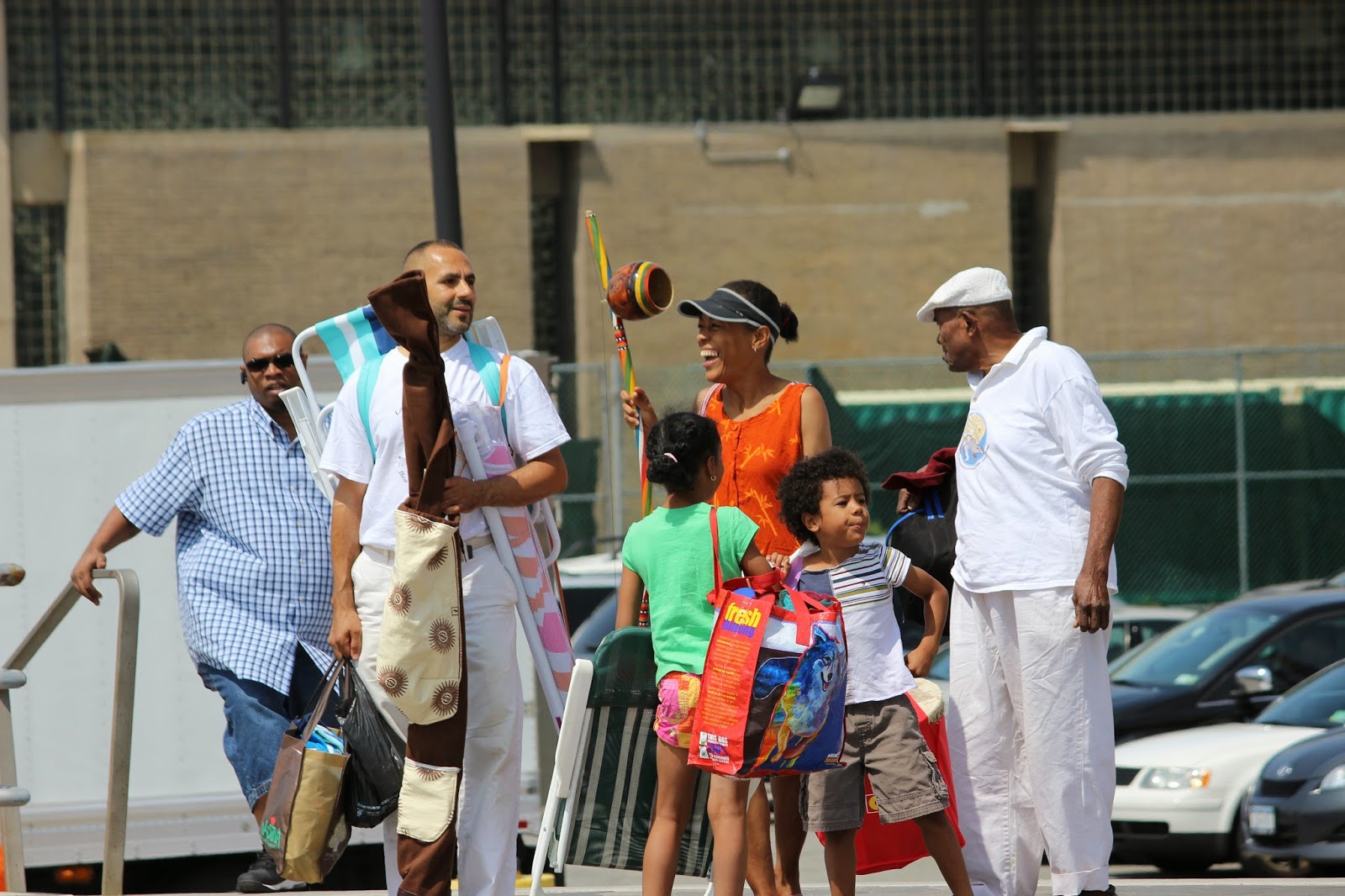 I loved this book about a young girl who loves birds, who searches for them, spots them and spouts out their facts, a girl whose name speaks a bird's earliest sounds, Chirp.
I loved this book about a young girl who loves birds, who searches for them, spots them and spouts out their facts, a girl whose name speaks a bird's earliest sounds, Chirp.Chirp dances through her life in Cape Cod. She watches, as if through binoculars, as those around her try to cope with a year of change. Her mother, a dancer who taught her to see the world, its lilaacs, its stars, and its graceful swan boats, has been diagnosed with MS. Her sister flits between childhood and adolescence. And her Dad, a 'head shrink', who is always asking questions no one wants to answer, can not pull his own wife from the grips of a chronic depression.
Chirp deals with it all as she knows how, searching through the beauty of nature, mimicking the graceful movements of a loon's dance, slowly coming into her own as she discovers that the world her mother has opened her eyes to see is beautiful, yes, but also prickly and unknowable.
I'll call my own personal summer, the summer of the loon. A bird I had never heard of until I learned about it while visiting Wolfeboro, New Hampshire, where my husband spent his summers as a child. We searched for it on Rust Pond but I never saw it or heard its call. So, its presence in this book was even more beautiful to me, imagining its bob and sway through Chirp's eyes, how it lifts off from land and sea. I hope to see it some day.
I loved so many things about this book. Chirp's voice; authentic and pure. A sadness that is handled with subtlety and grace. It does not shy away from hard topics but it also lingers in the magic of walking through this life, eyes wide open to the world and the people we love. Its rhythm brought me back to my own childhood obsessions: swimming and trees and poems and fireflies and riding my bike in a perfect circle in the rain.
Some scenes I imagine as if they happened to me, so masterful in the details and how they convey the feeling of being alive. This one, in particular, made me catch my breath and nod. I was that girl, dancing with my friends in just this way:
When I start whirling in circles, Sally copies me. Our hair's whipping around and the room's spinning. We're bonking into the beanbag chairs. Watch out! We're shiny silver balls in a pinball machine! Sally takes the hem of her T-shirt and sticks it through the collar and yanks it down so it turns into a T-shirt bikini top. I turn my shirt into a bikini top, too, and now our bellies are out. Our bellies are out and we're wiggling them. We're wiggling our bellies and we're wiggling our hips and we're wet with sweat and when David Cassidy sings "I think I love you," we know he's singing to us. He's got to be singing to us because we're just so filled up with everything good and bright and shiny that how can he not be crazy in love with us?













